📚 A Bookish Chat with 'Through Dangerous Doors' Robert Charles Lee #AuthorInterview #BlogTour #Interview
Robert Charles Lee is a retired risk scientist with over twenty-five years of academic and applied risk analysis, decision analysis, and risk management experience in a wide variety of contexts. He has authored over one hundred peer-reviewed scientific works, as well as over one hundred technical reports for industry and government agencies. Prior to the professional risk work he worked in laboratories a bit, but otherwise was a manual laborer until he reckoned that he could use his brain for a living.
Robert has a BS in Botany, a BS in Science Education, an MS in Environmental Health, and a Certificate in Integrated Business Administration. He is ABD (all but dissertation) in a Toxicology PhD program. He is an ordained Minister and has an honorary Doctorate of Metaphysics from the Universal Life Church and is a Member of the Nova Scotia L’Ordre du Bon Temps, or Order of the Good Time.
He was born in North Carolina and lived there for over twenty years, but has since lived in Alaska, Oregon, Washington, and Alberta. He was also homeless for a time while a laborer in the Western United States. He currently resides in Colorado.
Robert and his wife Linda have climbed hundreds of technical and non-technical mountain, rock, ice, and canyon routes, hiked thousands of miles in several countries, and skied many miles of vertical feet at resorts and in the backcountry.
Robert is an avid amateur photographer, largely of outdoor subjects. He is a musician who plays hand, stick, and mallet percussion, and who can sing, but rarely does for unclear reasons. He is an amateur sound engineer and producer and has recorded more than a thousand written and improvisational instrumental pieces with other musicians to date. He was trying to learn to relax in retirement, but then he discovered non-technical writing. He has written a memoir and a poetry collection and is working on short stories.
Through Dangerous Doors is his latest book.
Visit his website at https://robertcharleslee.com or follow him on Goodreads.
TWL: Welcome to The Writer's Life! How did you come up with the idea to write your book?
Robert Charles Lee: The idea for a memoir popped into my think-meat when I retired from a career in risk assessment and management. To give you a little background - for over twenty years I worked with risks ranging from exploding gas pipelines to medical errors to radioactive waste to asteroids hitting the Earth. Shortly after I retired, I realized few people I worked with (or in general) have experienced particularly risky lives, outside of everyday risks such as driving a car, eating unhealthy food, and so on. Or, they may have lived through brief risky periods, such as crazy teenage years or service in the military. In contrast, I‘ve actively done and been subject to risky stuff over a period of six decades, plus I built a career focused on risk. Further, my rough childhood probably affected my lifelong views of risk. So, I thought the perspective of an author who has thought hard about risk his entire life might be interesting and entertaining. I’m not aware of any similar memoirs.
TWL: Can you give us a short excerpt?
Robert Charles Lee:
The Free-Range Door
The horse gallops across our range of a few acres. I’m exhilarated and barely hanging on, but my father, Charles, is watching. I go hunting with him, and he guffaws when I’m almost knocked flat by the recoil of my first deafening discharge of a twelve-gauge. I explore the copperhead-snake, wasp, hornet, tick, chigger, and poison ivy infested hardwood forest on our property. My feet and legs are bare much of the year. However, I tread carefully. The door to the outdoors opens. I’m six or seven years old, but I eagerly enter.
***
I was serious about managing risk, even as a kid. Life began as a late Boomer and a Fallout Boy. A B-52 bomber broke up over my home state in 1961, releasing two nuclear bombs. Above-ground nuclear weapons tests were conducted in the United States West, creating radioactive dust clouds. These events perhaps foretold a career steeped in radiation.
My family is of working-class, British and Scots-Irish ancestry; the original hillbillies in the Appalachians and Piedmont. My birthplace and time were subject to systemic White racism, resulting in the designation “Klansville, USA.” We lived near Salisbury in rural Granite Quarry, North Carolina, about a mile from the gated compound of Bob Jones, a powerful Ku Klux Klan Grand Dragon. Jones was kicked out of the Navy for refusing to salute a Black officer, proclaiming, “I won’t salute no nigger.” Jones helped expand the North Carolina KKK to over ten-thousand members. A friend and I once snuck over to watch a cross-burning near his property.
If the neighborhood White men weren’t pickin’ and grinnin’, drinking and playing guitars and banjos on their porches on a Saturday night, they were hanging out with their bros in the local men’s Klub. I don’t recall any lynchings, but harassment and violence were common. The county sheriff was a Klan member, and wore a Western cowboy hat on his bald head and a patch over one dead eye. Chain-gangs broke rocks in the steaming Southern heat under the squinty eyes of shotgun-toting overseers on horseback. Most of the Black people in the area lived in segregation in the equivalent of a shanty town. Schools, churches, and most activities were segregated.
My family is purported to be related to the slaveowner and traitor General Robert E. Lee, but I’ve not been able to verify this. If true, I’m appalled in a moral sense, but there’s nothing I can do about it aside from trying to be an anti-racist and a good citizen. At least I don’t have the same middle name. I do indeed have a red neck, but solely due to years of outdoor activity.
TWL: What part of the book was the most fun to write?
Robert Charles Lee: It was all fun, at least with regard to initial drafts. Then, the work began.
TWL: What’s one fact about your book that would surprise people?
Robert Charles Lee: I wrote the first draft in about two weeks.
TWL: What other books are you working on and when will they be published?
Robert Charles Lee: I’ve written a collection of short stories, and I’ve run these by a couple of content editors for initial comments. They provided completely different suggestions with regard to which were “good”, how to improve them, and so on. Counterintuitively, this was useful, because it captured a potential range of reader reactions. One editor suggested I could expand one story into a novel, which is daunting, but I look forward to the challenge.
TWL: Finally, what message are you trying to get across with your book?
Robert Charles Lee: Life is risky, but risks can be managed if you keep a clear head.
TWL: Do you have any final words?
Robert Charles Lee: I hope you enjoy the book!
Title: THROUGH DANGEROUS DOORS
Author: Robert Charles Lee
Publisher: Wido / E.L. Marker
Pages: 212
Genre: Memoir
BOOK BLURB:
In a life defined by risk, Robert Charles Lee experiences a poor and free-ranging childhood in the racist South of the 1960s. After his father dies, the family grows dysfunctional. As a result, teen-age Robert seeks sanity and solace by rock climbing solo and driving cars fast. He wins a scholarship and graduates from university, but still seeks to escape the South.
Moving to Alaska and the Western US, Robert works in a series of dangerous and brutal jobs. He meets and marries Linda, who enjoys climbing and skiing difficult mountains as much as he does. Simultaneously, Robert trains in the science of risk to become a respected professional risk scientist.
Robert shares his remarkable story as he guides the reader through a series of dangerous but rewarding doors, culminating in a vivid journey of adventure and risk.
Praise
“Through Dangerous Doors is an engaging and snappily written reflection on a life charted by risk. Like the dangerous mountains he eventually comes to climb, Lee’s need to be on the edge and in the flow guide him on a fascinating ascent up the American socio-economic pyramid, a challenging mountain in itself, and geographically from the lowland South to high country of the North. Small wonder that when Lee and his wife arrive in Calgary, Alberta to live for a decade they immerse themselves in what Lee wisely comes to realize is one of the most dangerous, yet spiritually rewarding mountain ranges in the world – the Canadian Rockies. Lee’s lifelong evaluation, and refinement of, the risk versus reward calculation is educational. And I love the way he calls poppycock when he sees it. Lee shares life lessons that were hard won and valuable to all.” – Barry Blanchard, UIAGM/IFMGA Mountain Guide, author of The Calling – A Life Rocked by Mountains, winner of the Boardman-Tasker Prize for Mountain Literature
“Much more than a book on mountaineering, Robert Charles Lee’s memoir delves deeply into the relationship between risk and reward, exploring the things we can control and those we can’t. His journey of self-discovery has resulted in a thoughtful meditation on the nature of adventure and what makes for a life well lived. Lee’s story will resonate with any readers who have experienced the incomparable satisfaction of challenging themselves while at the same time understanding the wisdom of respecting their limits.” –Scott Zesch, author of “The Captured,” winner of the TCU Texas Book Award
“This is a memoir like few others, in that the author is intent on beseeching his readers not to follow the example of his own life. The story he tells shows that this is very good advice indeed, but nevertheless his tale of improbable escapes from one looming disaster after another is both instructive and entertaining.” – William Leiss, Queen’s University, author of: In the Chamber of Risks: Understanding Risk Controversies, Mad Cows and Mother’s Milk: The Perils of Poor Risk Communication, and Risk and Responsibility
“In this engaging and very readable memoir, Robert Lee reminds us that life IS risk. Humans only continue to learn, grow and evolve through facing and conquering risks. Whether the risks are involuntary or voluntary, Lee aptly emphasizes that the key to survival, or even thriving, is how we choose to understand and manage those risks. While Lee’s recounting of his numerous climbing risk adventures reflects his personal approach to risk and risk management, his stories will resonate strongly with anyone who seeks the challenge and stimulation of being a ‘risk taker’. This book will ultimately make you examine more closely your own life in relation to the risks you choose or don’t choose to undertake.” – Cindy Jardine, University of the Fraser Valley, world record skydiver
“As autobiographies like Educated and The Glass Castle have taught us, growing up through hardship can be remarkably annealing. So too in this disarmingly honest memoir, where Lee relates his annealed response. He adeptly strings us along his extraordinary lifepath from childhood until retirement using an idiosyncratic lens: A meditation on risk serves as Lee’s through-line, one informed by his career in risk analysis. Sit and enjoy the windfall of a raconteur relaying how he and his fellow travelers have encountered and responded to risks. Many encounters, like his vivid recounts of ice and mountain climbing, are quite intense. We get a taste of life as a forester, psychedelic-explorer, musician, academic, blessed husband and alpinist. Some entrancing events, nicely infused with a humble `stock-taking’ of the cards that were dealt, and the choices made. An extraordinary story that resonates beyond risk.” – Kevin Brand, University of Ottawa
““Life is either a daring adventure or nothing at all” wrote Helen Keller in her passageway focused book The Open Door. Metaphorical passageways hurtle us in and out of the risky exploits of Mr. Lee in Through Dangerous Doors. Climbing on a glacier or rappelling down a mountain, Lee shows us the thrill of daring adventure. But risk is not the goal, it is the price paid for adventure – and sometimes that price is too high. Lee helps us see that managing risk, sometimes with tools or technology and sometimes by knowing when to say no, is the key to continuing to be able to pass through new doors.” – George Gray, George Washington University, co-author of Risk: A Practical Guide for Deciding What’s Really Safe and What’s Really Dangerous in the World Around You
The Writer’s Life
Thank you for visiting and reading!
Feel inspired? Have you read this book? Let us know your thoughts!


























































































































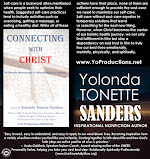


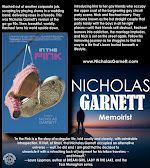


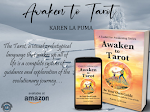
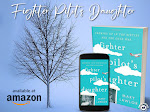
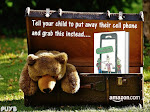
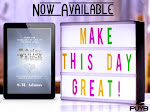


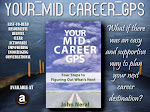
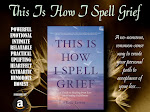
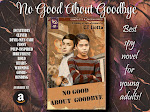

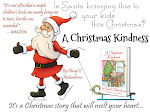
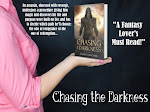
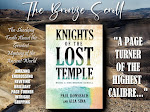


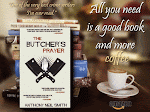
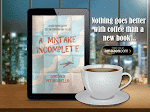
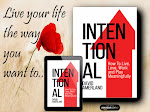
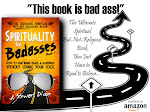

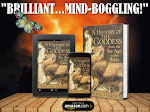

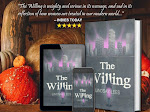
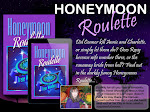
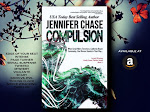
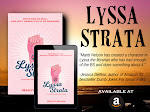
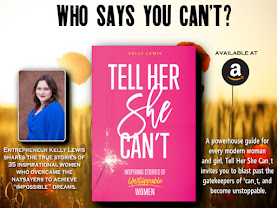









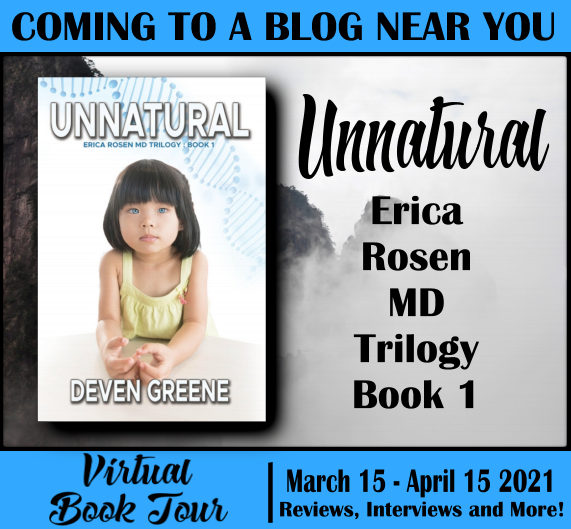
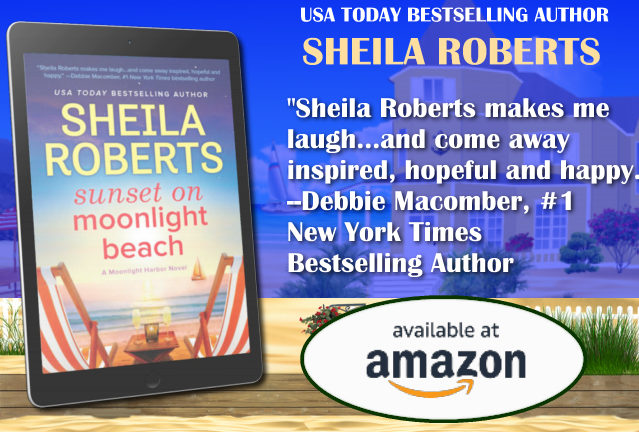



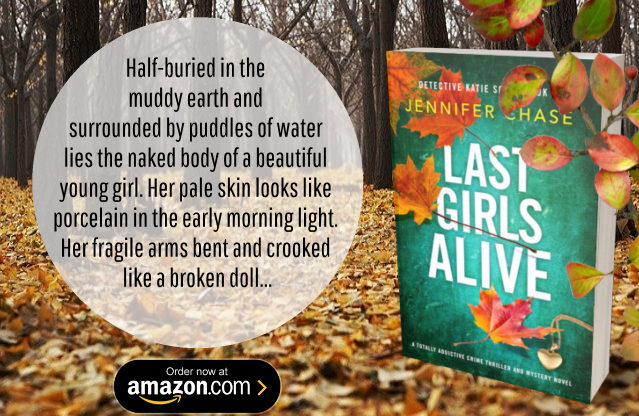
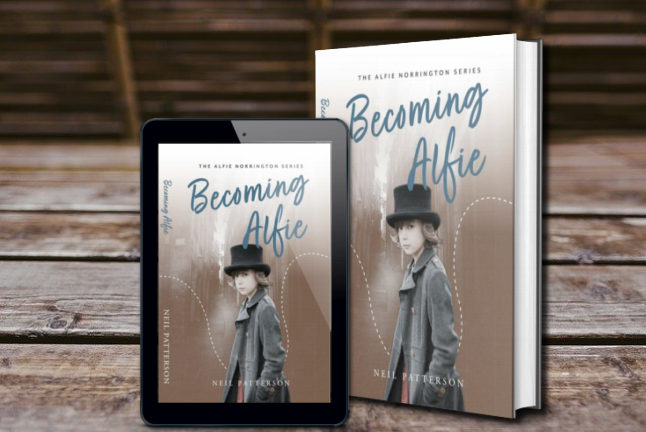
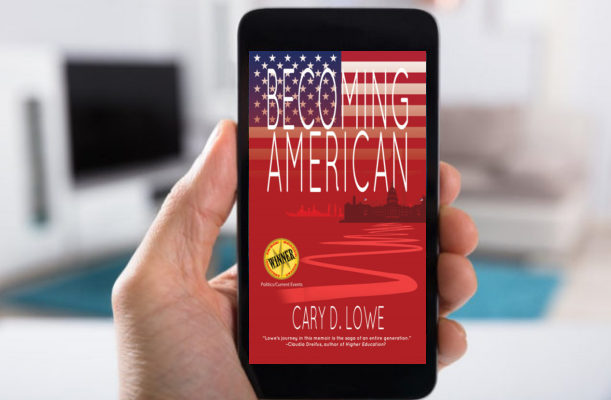

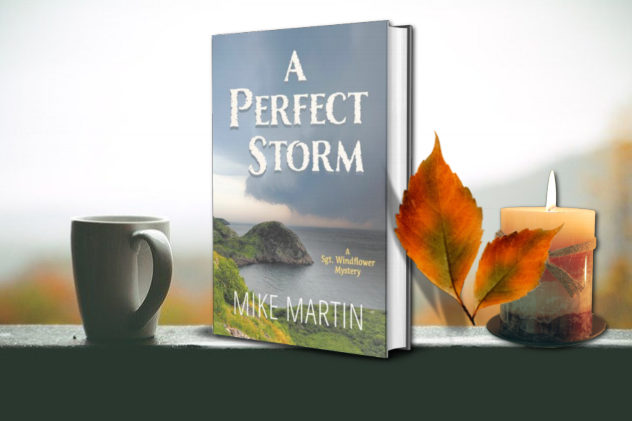
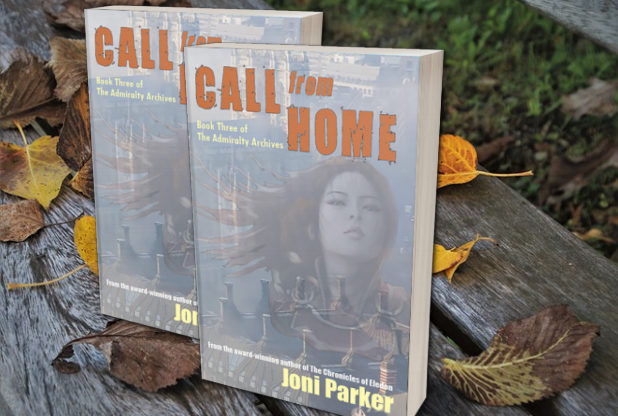
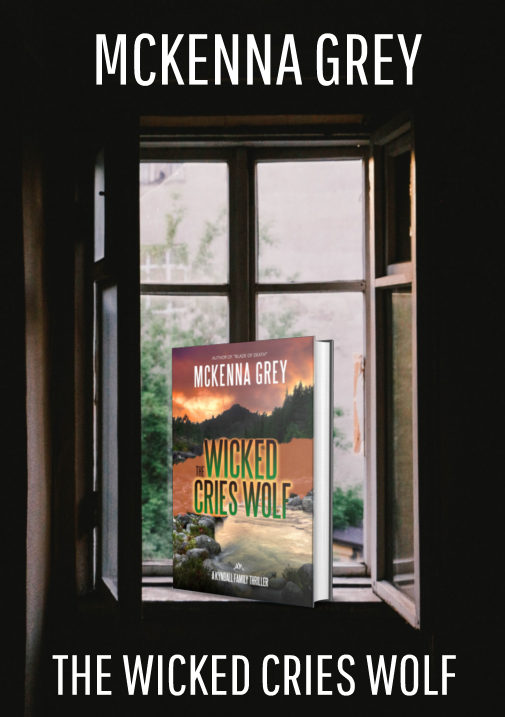


Very nice post. I just stumbled upon your weblog and wanted to say that I have really enjoyed browsing your blog posts. In any case I will be subscribing to your feed and I hope you write again very soon!
ReplyDelete온라인경마
경마사이트
Such great content.This is authentic. Are you also searching for nursing homework assignment help? we are the best solution for you. We are best known for delivering the best
ReplyDelete